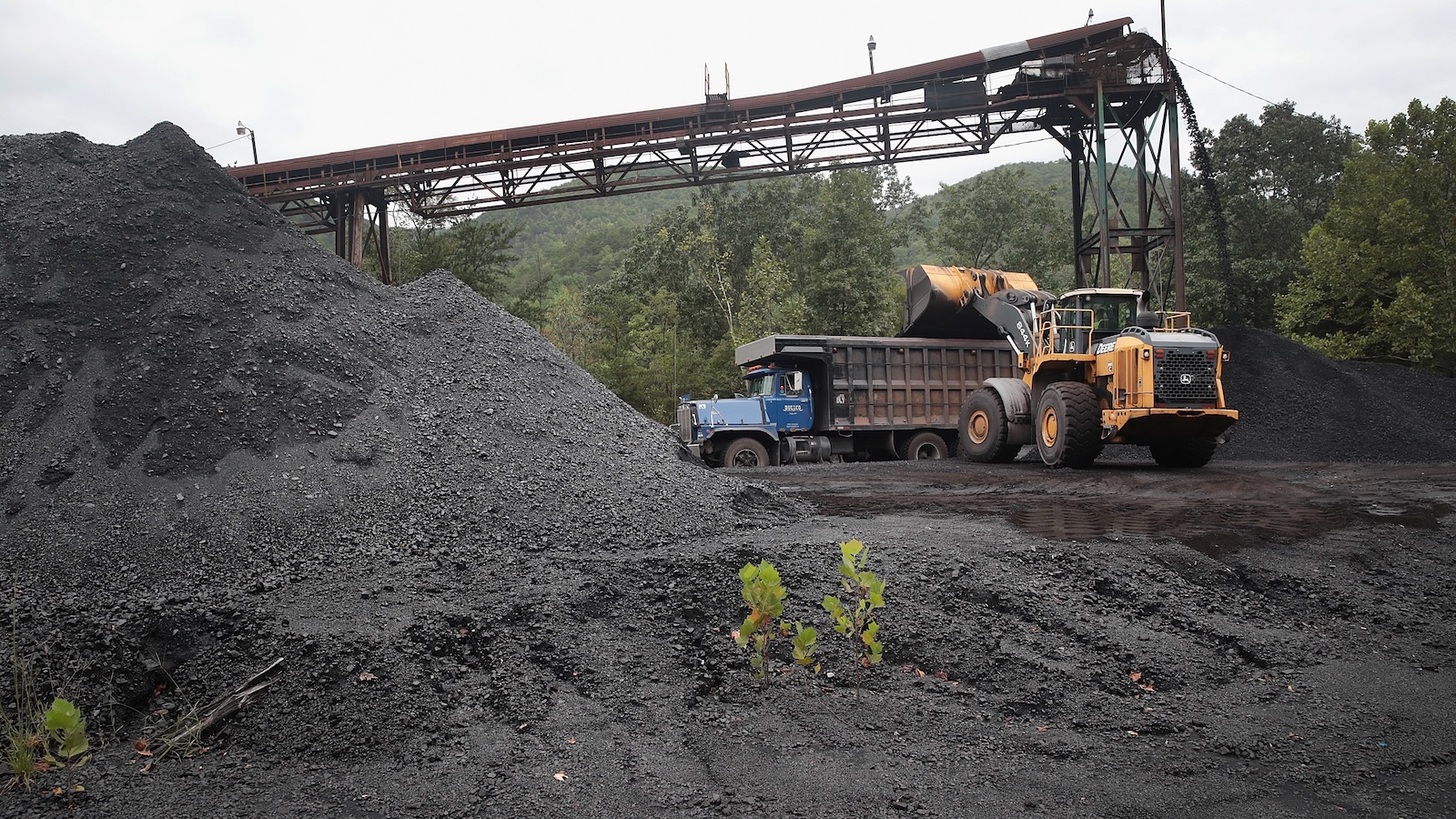Donald Trump's intervention to prolong the operation of the JH Campbell coal-fired power plant in Michigan, despite its scheduled closure, underscores a significant tension between political maneuvering and energy policy. The Department of Energy's emergency order, which mandates the plant's continued operation for an additional 90 days, has sparked outrage among local residents and the plant's operator, Consumers Energy. This decision, taken under emergency powers typically reserved for crises, raises questions about the administration's motives and the implications for public health and environmental standards. Residents, who anticipated a pollution-free future, now face the prospect of increased emissions and health risks associated with coal power, as the plant emits approximately 7.7 million tons of carbon dioxide annually.
The implications of this decision extend beyond immediate operational costs, which are estimated at $1 million per day, burdening local ratepayers with higher electricity bills. Analysts suggest that if the Trump administration continues to enforce similar mandates on other fossil fuel plants, the financial impact could escalate to $6 billion annually for American consumers. This situation reflects a broader trend of prioritizing fossil fuel interests over renewable energy transitions, potentially stalling progress toward cleaner energy sources. As the climate crisis intensifies, the continuation of outdated coal facilities not only threatens local health but also undermines efforts to combat climate change, leaving communities grappling with the consequences of political decisions that favor short-term gains over long-term sustainability.






